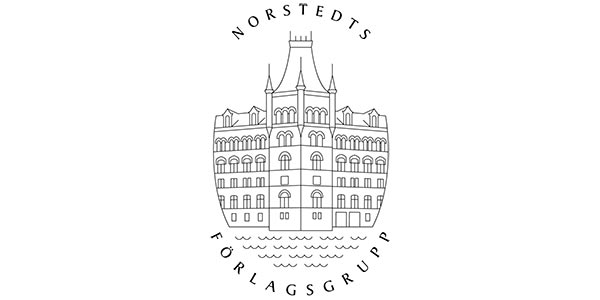
The Lawyer and Language

| Serie | SJFU / Skrifter från juridiska fakulteten i Uppsala |
|---|---|
| Författare | |
| Förlag | Iustus |
| Format | Inbunden |
| Språk | Engelska |
| Antal sidor | 213 |
| Vikt | 0 |
| Utgiven | 1996-01-01 |
| ISBN | 9789176783092 |
Bokpresentation
Lawyers have long been the object of criticism and satire for the incomprehensibility of their language. The Lawyer and Language provides a theoretical account of the legal language. In focus is the relationship of the lawyer to language.
The investigation starts with those pictures of language that can be found in jurisprudential work, legal textbooks, court findings etc. they are called 2common-sense pictures of language. Against those pictures of language the author puts forward the well-known idea taken from Wittgenstein that meaning is use. To illustrate this, he discusses how a statutory provision receives its meaning. He begins this discussion by looking at grammar.
Attention is then focused on an idea regarding language that received its classical formulation by Aristotle in his famous statement that language reflects thought, i.e. that words are symbols or signs of affection or impressions of the soul. The author gives an account of how this way of thinking lives today, albeit in a modern version, with linguists such as Chomsky and a number of people who work within jurisprudence. The insights gained from this are illustrated by means of a discussion concerning interpretation.
The conclusion deals with the danger of blindness to ordinary language, which, the author argues, the lawyer can be afflicted with because of a formal or mechanistic view of language. A solution for the solving of this problem is presented by drawing attention to the particular nature of the legal profession and the emphasis that has to be put on what is called tacit knowledge.
























